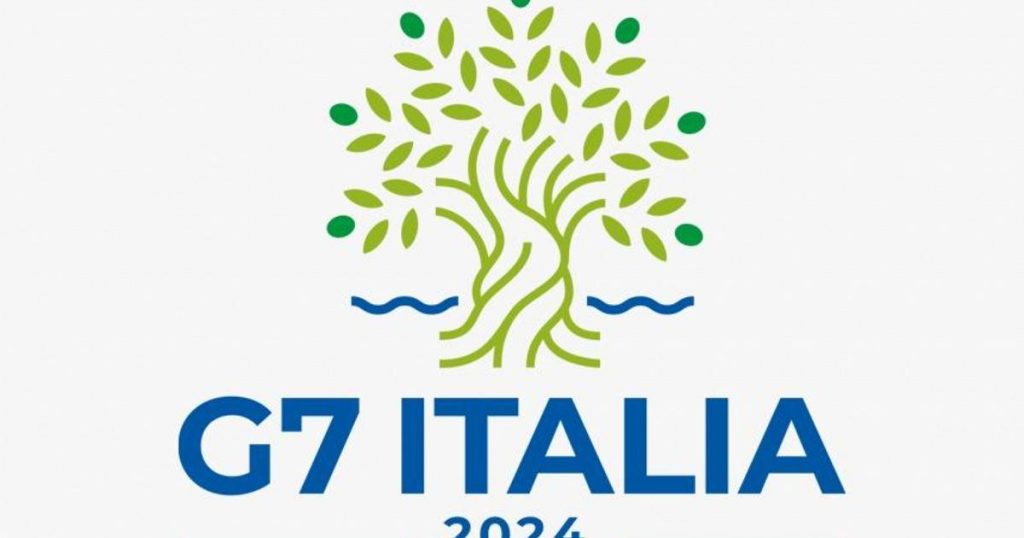Italian Prime Minister Giorgia Meloni initiated a joint declaration by the G7 leaders to combat drug production, distribution, and sale together. The G7 leaders committed to leading international efforts to stop drug trafficking, particularly synthetic drugs like fentanyl which have devastating effects. They also pledged to seize illegal profits from drug trafficking and prevent drug addiction, especially among young people. The G7 called on all nations threatened by drugs to take action against suppliers of the chemical precursors used to produce these illegal substances.
The adoption of this declaration reflects the strong attention of the Italian Prime Minister, also serving as the rotating G7 president, towards a topic that has a profound social impact in Italy and many other countries worldwide. Italy had previously adopted a national plan against the misuse of fentanyl two months ago, further emphasizing the importance of addressing drug-related issues. The G7 leaders are united in their commitment to addressing the global drug problem and working together to combat it effectively.
The statement by the G7 leaders emphasizes the need for coordinated international action to tackle the drug problem comprehensively. This includes efforts to disrupt drug trafficking networks, confiscate illicit proceeds from drug sales, and prevent drug addiction from spreading. The G7 members have called on all nations to cooperate and implement measures to crack down on the suppliers of precursors used in the production of illegal drugs. By working together, the G7 aims to make a significant impact on reducing drug-related harm globally.
The G7’s focus on combating drug production, distribution, and sale highlights the serious repercussions of drug trafficking and addiction on society. The spread of synthetic drugs like fentanyl poses a particular challenge due to their highly potent and addictive nature. By targeting the root causes of drug abuse and trafficking, the G7 aims to protect vulnerable populations, especially young people, from the devastating consequences of substance abuse. The joint declaration underscores the G7 leaders’ determination to address the global drug problem with a comprehensive and united approach.
The Italian Prime Minister’s leadership in driving the adoption of the joint declaration reflects her commitment to addressing drug-related issues at the international level. Italy’s national plan against the misuse of fentanyl serves as a model for other countries to follow in implementing effective strategies to combat drug abuse and trafficking. The G7 leaders’ call for collective action against drug suppliers and the precursors used in drug production demonstrates their recognition of the need for global cooperation in tackling the drug problem. By uniting efforts and resources, the G7 aims to make significant progress in reducing drug-related harm and protecting communities from the dangers of drug abuse.
In conclusion, the joint declaration by the G7 leaders to combat drug production, distribution, and sale marks a significant step towards addressing the global drug problem. The commitment to disrupting drug trafficking networks, seizing illicit profits, and preventing drug addiction reflects the G7’s collective determination to tackle the root causes of drug abuse and protect vulnerable populations. The call for international cooperation and action against drug suppliers underscores the importance of united efforts in combating the drug trade. Italy’s leadership in driving the adoption of the declaration and its national plan against fentanyl misuse further highlight the urgency of addressing drug-related issues at both national and international levels. The G7’s united front in addressing the drug problem sends a strong message of solidarity and commitment to making a positive impact on global public health and safety.


